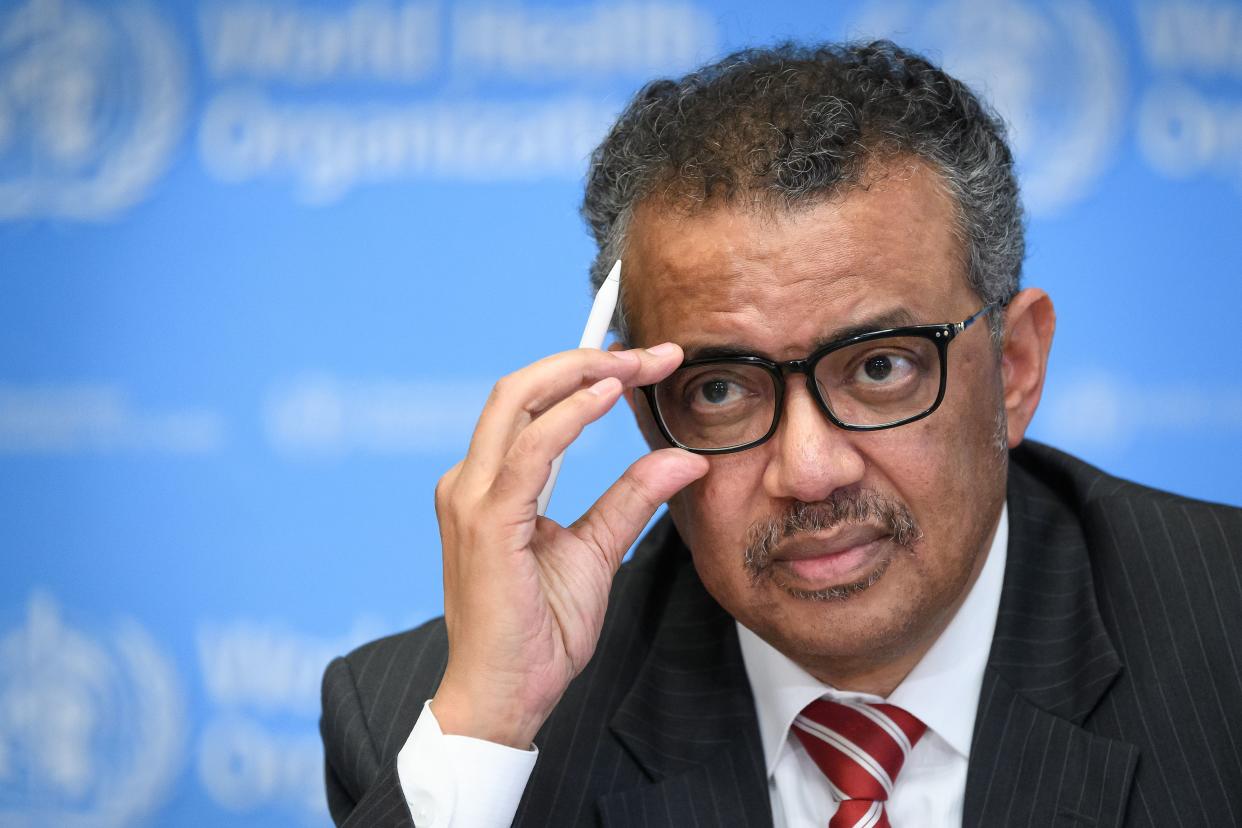Coronavirus: Work needs to start now to prepare for next global pandemic, WHO warns

Work needs to start now to prepare for the next global pandemic, the World Heath Organization (WHO) has warned.
Dr Tedros Adhanom Ghebreyesus said that as the world responds to the coronavirus pandemic, “we must also work harder to prepare for the next one”.
As of 5.30pm on Wednesday, there had been over 3.7 million confirmed COVID-19 cases across the world, according to Johns Hopkins University, with more than 259,000 deaths.
There is no vaccine currently available, meaning countries are having to adapt to operating alongside the disease.
Latest coronavirus news, updates and advice
Live: Follow all the latest updates from the UK and around the world
Fact-checker: The number of COVID-19 cases in your local area
6 charts and maps that explain how COVID-19 is spreading
Speaking at the WHO media briefing on Wednesday, Dr Tedros said: “The COVID-19 pandemic will eventually recede, but there can be no going back to business as usual. We cannot continue to rush to fund panic but let preparedness go by the wayside.
“As we work on responding to this pandemic, we must also work harder to prepare for the next one. Now is an opportunity to lay the foundations for resilient health systems around the world, which has been ignored for too long.
“That includes systems to prepare, prevent and respond to emerging pathogens.”
He went on: “If we learn anything from COVID-19, it must be that investing in health now will save lives later.
“History will judge all of us not only on whether we got through this pandemic, but also on the lessons we learned and the actions we took once it was over.”
Dr Tedros has previously praised South Korea, which has been able to deal with COVID-19 with its testing and contact tracing systems.
On Wednesday, just two new cases were reported in the country of 51 million people. There have been just 255 deaths.
Dr Youngmi Kim, an expert in Korean public policy from the University of Edinburgh, told Yahoo News UK last month that South Korea was partly guided by its experience with Middle East respiratory syndrome (MERS) in 2015.
A top doctor in Hong Kong has also told this website how it was in a strong position to react to COVID-19 because of the special administrative region’s “painful” experience of the 2003 severe acute respiratory syndrome (SARS) outbreak, in which 299 people died.
Dr Pierre Chan said it meant the territory remained “very alert” to new infectious diseases, meaning people quickly took preventative measures once the outbreak began in mainland China.
As of Wednesday, there had been just four COVID-19 deaths in Hong Kong, according to Johns Hopkins University.


